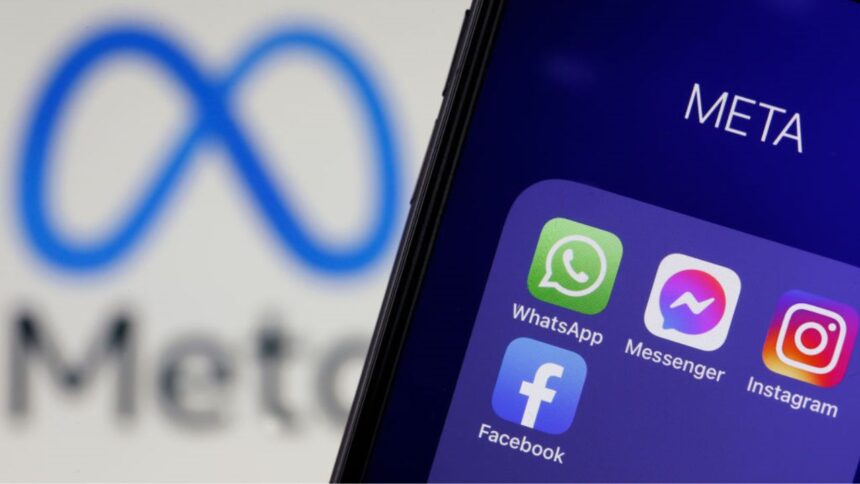Three years after implementing cross-messaging between Facebook and Instagram, Meta has just “quietly” announced on its support page that this feature will be phased out by mid-month (no date was specified). Existing chats will not disappear, but will only have read-only mode.
It will not be possible to send messages from Facebook to Instagram and vice versa.
Instagram users will not be able to send messages to Facebook accounts through its Messenger app, while Facebook users will not be able to start new conversations or make calls to Instagram. They also won’t be able to see the user’s activity status, or know if messages were read.
A Meta spokesperson, Alex Dziedzan, confirmed the change in a statement to The Verge, explaining that, “A few years ago, we introduced a new Messenger experience in Instagram Direct Messages that allowed people to message and call a Facebook (Messenger) account from an Instagram account and vice versa.
Starting in mid-December, we will begin removing this feature. However, people can still message and call their contacts on Facebook, Instagram or Messenger.”
The cross-platform chat feature between Messenger and Instagram was integrated in 2019 and rolled out to everyone a year later. At the time, Adam Mosseri, head of Instagram, claimed that this change would allow Meta to work more efficiently. The launch of cross-platform messaging came at the same time that Instagram’s direct messages received Messenger-exclusive features, such as temporary messages and selfie stickers.
Reasons for discontinuing messaging between Instagram and Facebook.
So far, Meta has not provided details of the reason for removing this feature, but it is believed that the decision could be related to the regulatory guidelines being imposed by the European Union.
The removal of cross-platform multi-operability coincides with Meta’s questioning of the European Commission’s decision to regulate Messenger as a core platform service under the Digital Marketplace Act (DMA). The EU’s new, stricter antitrust rules require Meta to make Messenger interoperable with other messaging services, however, the technology claims that this service should not be included because Messenger is a feature of Facebook and not a standalone messaging platform.
At the moment, the company led by Mark Zuckerberg does not plan to take the same designation for its messaging service WhatsApp. In fact, in September this year we told you that the company was working on an interoperability feature with third-party applications, precisely to comply with this new law.








